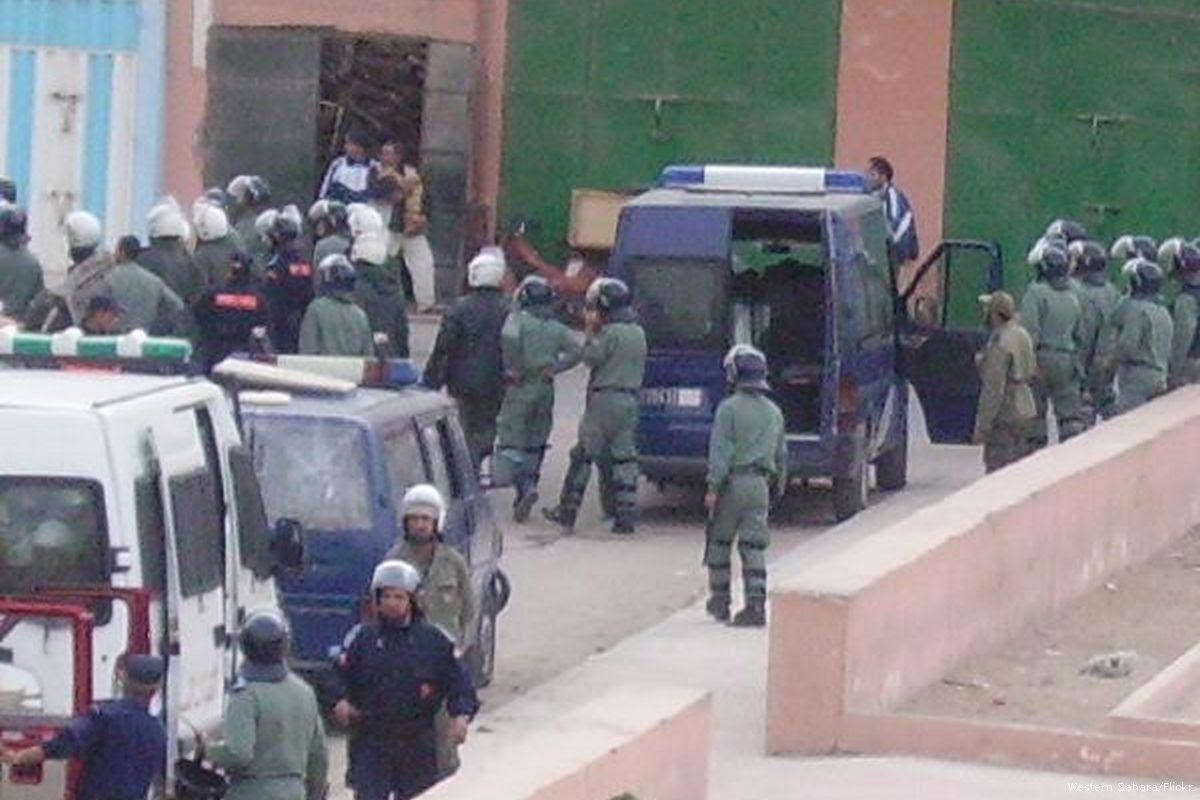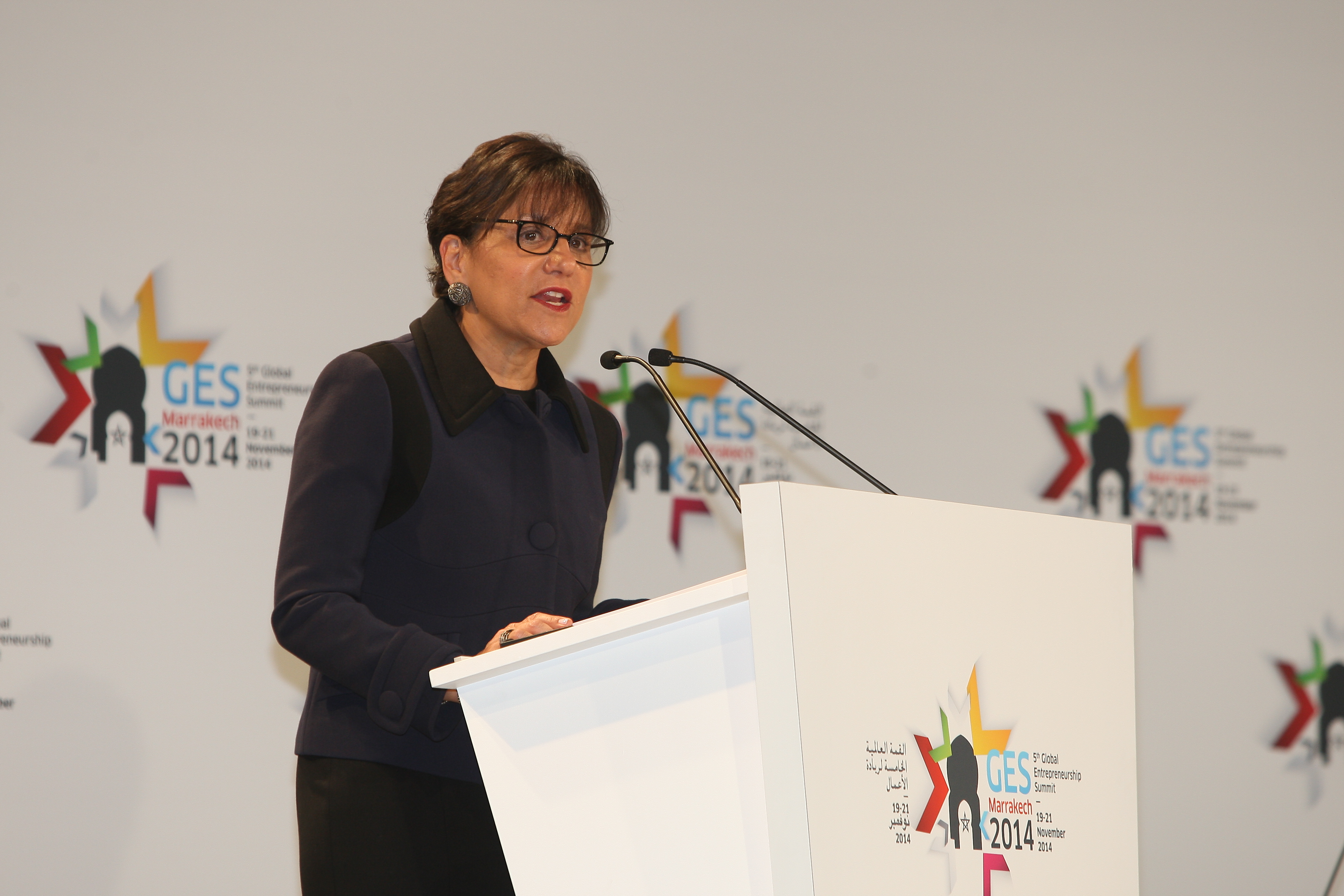The Middle East Monitor
Morocco is introducing a plan to reintegrate radicalised detainees who have been convicted on terror charges back into society through the “consecrating citizenship” programme.
“DGAPR [General Delegation for Prison Administration and Reintegration] is deeply aware of the importance of ensuring the conditions for the reintegration of the category of prisoners in cases of terrorism and extremism in penitentiary institutions and which requires an innovative scientific approach,” it said in a statement.
The approach is divided into three principles of reconciliation through changing oneself, working with religious texts and finally with society.
The DGAPR has allied itself with the National Council for Human Rights (CNDH) and the country’s Muslim scholars, Ulema, whose experience and expertise will be used to construct the reintegration programme.
A meeting has since been organised between the three bodies as the local Ras El Ma prison in the city of Fez for the reconciliation programme which will focus on “the spiritual rehabilitation of prisoners” and mainly include workshops led by prisoners who have been former “Salafi Jihadists”.
Read: The weakening of Morocco’s state institutions worsens the political logjam
These workshops serve as an opportunity for meetings between “repentant” Islamists and those detained on the same charges where they discuss various topics including “the relationship between extremist thinking and organised crime”. The aim is to use repentant Islamists as a model for others who have gone the same way to then renounce their ways and move on with their lives removed from any radicalism.
According to the DGAPR’s press release, the first trial of this programme that was implemented earlier this year has been “successful” with detainees who volunteered from the Al Arjat 1 prison.
In order to test the effectiveness of its work with these prisoners, the DGAPR tests the beneficiaries of the programme through practical exercises where they demonstrate the extent in which they have mastered “the dismantling of extremist discourse”.
Reconciliation offered to Islamists isn’t new to North Africa. In the aftermath of the brutal ten year civil war in Algeria, Islamists who had not taken part in the killings were offered a general amnesty in return for their arms through a reconciliation policy introduced by President Abdelaziz Bouteflika which has been successful in minimising the effect of radicalisation in the country.






